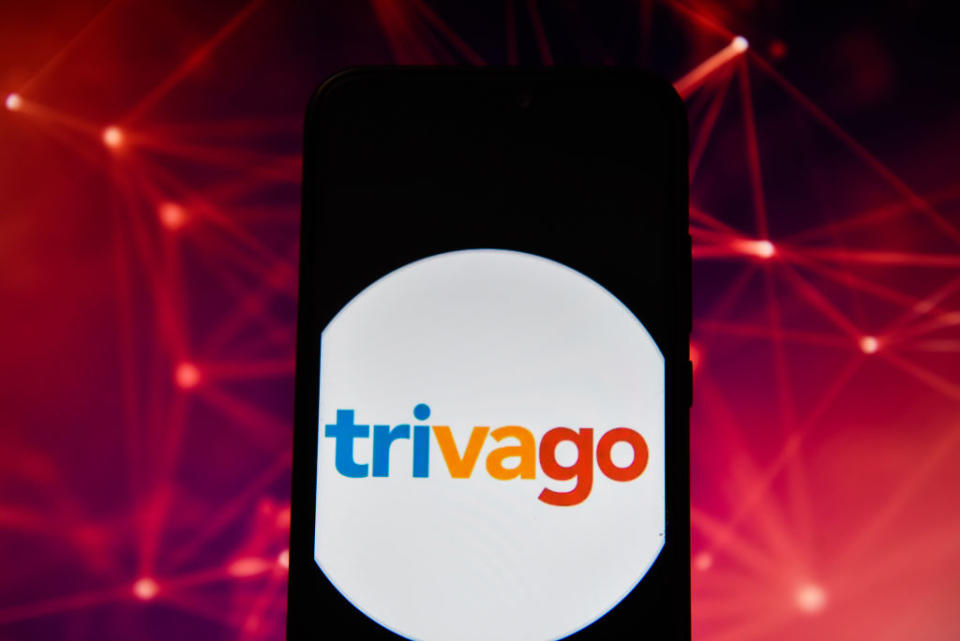Trivago misled consumers on hotel deals, court finds

Hotel comparison site Trivago misled consumers on cheap hotel deals and breached Australian consumer law, the Australian Federal Court has found.
Australia’s consumer watchdog initiated proceedings back in August 2018 against the Netherlands-based comparison site, alleging it made misleading hotel pricing representations in its television advertising and website.
Also read: ACCC investigating Telstra for selling “unaffordable” contracts
Also read: Why hotels could cost 10% more now
The Australian Competition and Consumer Commission (ACCC) argued that between December 2013 and August 2018, Trivago ran advertisements presenting its website as an impartial and objective price comparison service, but it instead prioritised advertisers who were willing to pay the highest cost-per-click fee.
The ACCC also alleged the highlighted comparison prices were, in many cases, not the cheapest available at that hotel, as they compared a standard room rate with a luxury room at the same hotel.
In his judgment, Justice Mark Moshinsky found Trivago breached several sections of Australian consumer law by not helping consumers find the cheapest rates available for a hotel room.
“Contrary to the impression created by the relevant conduct, the Trivago website did not provide an impartial, objective and transparent price comparison service,” Moshinsky wrote in his judgment.
“The fact that Trivago was being paid by the online booking sites was not made clear.”
ACCC chair Rod Sims said Trivago’s conduct was “particularly egregious”.
“Many consumers may have been tricked by these price displays into thinking they were getting great discounts,” he said.
“In fact, Trivago wasn’t comparing apples with apples when it came to room type for these room rate comparisons.
“This decision sends a strong message to comparison websites and search engines that if ranking or ordering of results is based or influenced by advertising, they should be upfront and clear with consumers about this so that consumers are not misled.”
The matter will return to the Federal Court for case management at a later date.
Make your money work with Yahoo Finance’s daily newsletter. Sign up here and stay on top of the latest money, property and tech news.

 Yahoo Finance
Yahoo Finance 